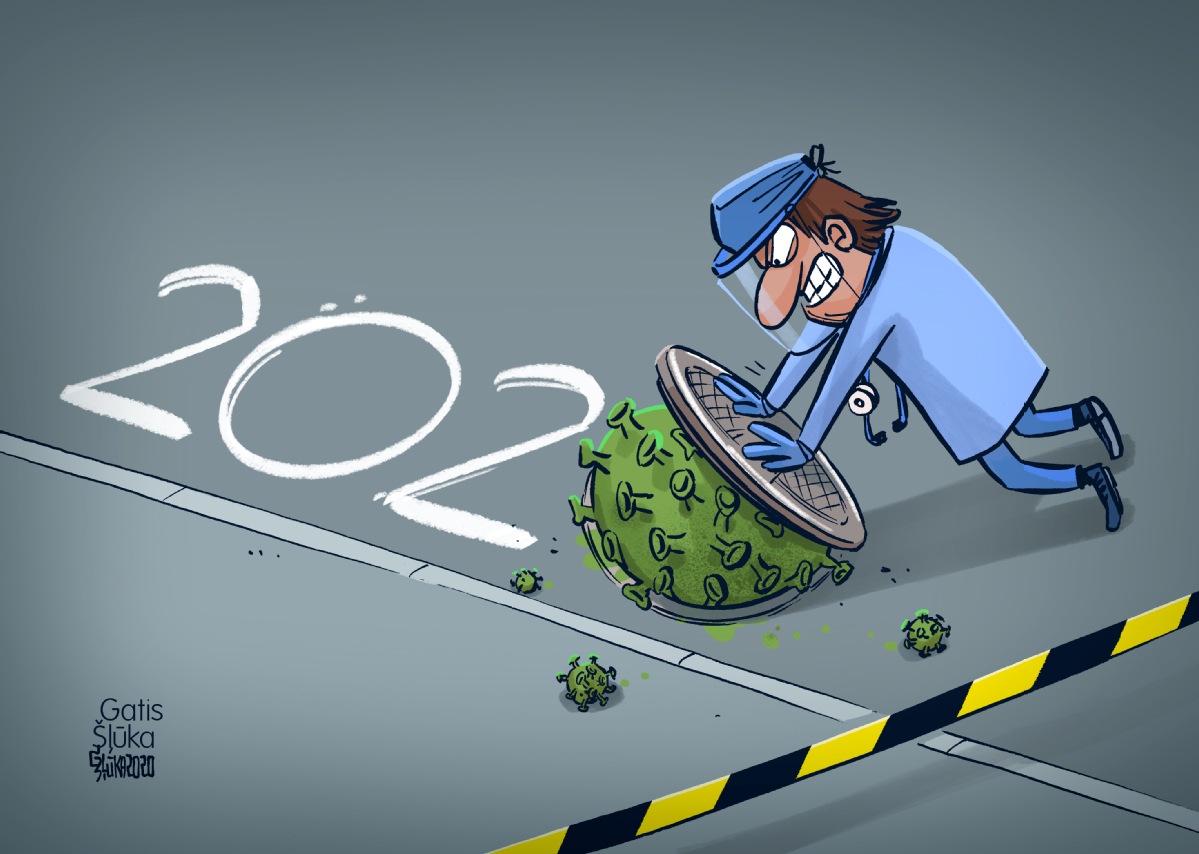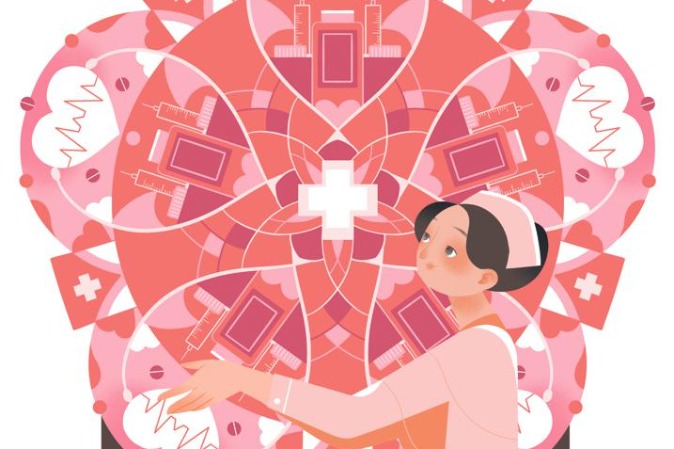Working together was China's key tool


I remember the movie Year of Living Dangerously. The name echoes firmly in my mind. The year 2020 was the real year of living dangerously. For all of us across the world, the struggle against COVID-19, expressed in a variety of responses, some scientific, others purely ideological, has left humanity entering 2021 with anticipation of hope and apprehension compressed with more fear.
Reflecting on an old ballad The World Turned Upside Down, China has managed the COVID-19 pandemic well and returned both its economy and society back to normalcy. The West is now in crisis. The United States leads the world in COVID-19 cases largely due to its refusal to adopt some of the straight-forward measures that China implemented early on: quarantine, extensive testing, use of face masks, and herbal medicine treatments. Europe follows the US in crisis.
In his New Year Eve's address, President Xi Jinping reflected on the year. "2020 was an extraordinary year. Facing the sudden coronavirus pandemic, we put people and their lives first to interpret the great love among humans. With solidarity and resilience we wrote the epic of our fight against the pandemic."
While China welcomes 2020 by tackling the last remnants of poverty, the West witnesses its middle class slipping into lower income brackets and the impoverished increase while a tiny supra-elite now aggrandize their wealth on levels unprecedented in history at the cost of everyone else. The outcomes are political distortions accompanied by social instability on pandemic scales.
Looking from the outside, one might ask, how did China get it right? President Xi in his speech reflected on the toughest moments for China in 2020. "During the days when we addressed the hardships together, we saw the heroic spirit of marching straight to the frontlines, holding posts with tenacity, taking responsibility to get through thick and thin, sacrifices with bravery, and touching moments of helping each other." It was very much the spirit of unity in working together that helped China as a society overcome this crisis together, pull through and start new beginnings. It was collective unity for the benefit of everyone together that allowed China to overcome the crisis.
This spirit of working together has been largely lost in the West. I fear it has something to do with our education and our new dependency on Internet, social media and those forces that are dividing society rather than magnetizing it together.
The problem starts with education. Lawyers, the political and policy leaders in the West are often trained to be so combative against each other, it explains the lack of unity politically, even when faced with a common crisis like COVID-19.
I recall teaching a law course at my alma mater, the University of Hawaii Richardson School of Law. One day students asked me to draw on years of negotiating experience in Asia in explaining what makes one negotiation team win over another. I thought for a moment and only one word came to my mind: Unity. The negotiation team that is united together in a common struggle, leveraging the strengths of each player on the team but not excluding anyone, will win. The team that is divided and squabbling egotistically over who will be the one to take credit for the outcome will lose. For all its complexity, it is that simple.
I then began to organize the students to address law cases from a cohesive teamwork perspective rather than inter-competitive. Emphasis was on each student's own advantage and making sure that each student respected each other and then worked to make the most of the other student's advantage so that the team could produce fast and effective results.
Ironically, the law school administration sought to stop this kind of training. They emphasized the importance of competition among students even at the cost of insidious conflict and cost to the client and case. I think this experience of trying to change the course of education from one of blind combativeness to aggrandize one's one self interest to a direction of collective collaboration in the interest of all, is the reason for the West's paralysis in the face of a worldwide pandemic crisis and China's ability to rise above it.
The fight against COVID-19 should be about global unity behind a common cause, in the interest of all mankind. China's accumulated knowledge of COVID-19, methods of both quarantine within communities and isolation of the virus itself using technology and big data, combined with proven early cures adopting traditional low-cost Chinese herbal medicine can be shared with the world. The exporting of the vaccine to the world is reaching out to a global community in need. These are aspects that other countries could have adopted.
Likewise there is knowledge that could have been shared, such as the fact that Event 201, a 3.5-hour pandemic tabletop exercise held at John Hopkins University in October 2019, offered a full and detailed projected scenarios offering a run-down of the pandemic's spread, social and economic costs in precision detail. Why was this not made public at the time, to be dug up by others only later, long after the damage? So much could have been done to prepare and combat with this knowledge.
Looking at 2021 while looking back at 2020 just passed, the words of late astronaut Edgar Mitchel resound as he reflected looking back at earth from the moon. "You develop an instant global consciousness, of people, orientation, and intense dissatisfaction with the state of the world, and a compulsion to do something about it. From out there on the moon, international politics looks so petty."
If there is one lesson from 2020 that needs to be applied to 2021, then it would be: we must work together as humanity. That is if we want to have a planet to live on.
The author is a documentary filmmaker, an explorer, environmental lawyer and a senior international fellow at the Center for China and Globalization. The opinions expressed here are those of the writer and do not necessarily represent the views of China Daily and China Daily website.
If you have a specific expertise and would like to contribute to China Daily, please contact us at opinion@chinadaily.com.cn , and comment@chinadaily.com.cn


































